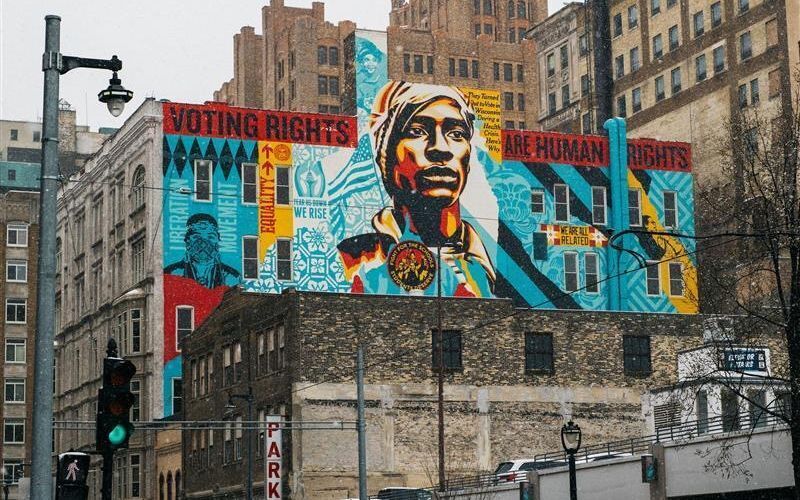Photo by Tom Barrett on Unsplash
Abolishing white supremacy and addressing its consequences is a complex and ongoing process that requires individual and collective efforts. Here are some key steps to consider:
- Education and Awareness: Educate yourself about the history, impact, and manifestations of white supremacy. Engage in self-reflection to recognize and challenge your own biases, privileges, and complicity in perpetuating systemic racism.
- Listen to Marginalized Voices: Actively listen to and amplify the voices of marginalized communities who have been most affected by white supremacy. Seek out diverse perspectives, experiences, and narratives to broaden your understanding and challenge dominant narratives.
- Confront Implicit Bias: Engage in ongoing self-reflection to identify and confront your own implicit biases. Addressing unconscious prejudices and stereotypes is essential to dismantling white supremacy in ourselves and in society.
- Engage in Difficult Conversations: Have open and honest conversations with family, friends, colleagues, and community members about white supremacy and its consequences. Challenge and discuss discriminatory beliefs, attitudes, and behaviors in a respectful and constructive manner.
- Support Anti-Racist Movements: Stand in solidarity with anti-racist movements and organizations actively working to combat white supremacy. Contribute your time, resources, and energy to support initiatives that promote racial justice, equality, and systemic change.
- Advocate for Policy Reforms: Support policies and initiatives aimed at addressing systemic racism and dismantling structures that perpetuate white supremacy. Advocate for reforms in areas such as criminal justice, education, housing, employment, and voting rights.
- Address Institutional Racism: Encourage accountability within institutions, including workplaces, educational institutions, and government bodies, to recognize and address institutional racism. Promote diversity, equity, and inclusion by advocating for inclusive policies, hiring practices, and decision-making processes.
- Challenge White Privilege: Recognize and challenge the privileges afforded by white supremacy. Use your privilege to create spaces for marginalized voices, support their initiatives, and work towards equal opportunities for all.
- Engage in Allyship: Actively support marginalized communities by being an ally. Listen to their needs, advocate for their rights, and work towards dismantling systems of oppression together. Use your platform to raise awareness and support anti-racist causes.
- Participate in Continual Learning and Growth: Recognize that the work of abolishing white supremacy is ongoing. Commit to lifelong learning, self-reflection, and taking action to continuously educate yourself, challenge biases, and promote racial justice.
It's important to acknowledge that the fight against white supremacy requires collective action and a sustained commitment to justice. Engaging in these steps can contribute to a larger movement for dismantling systemic racism and building a more equitable and inclusive society.

